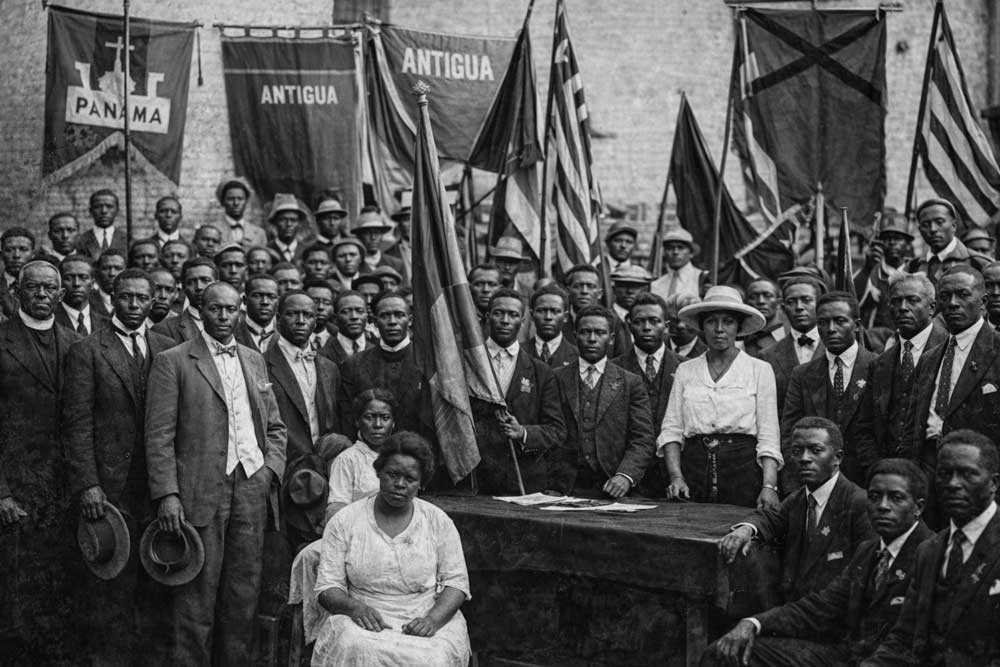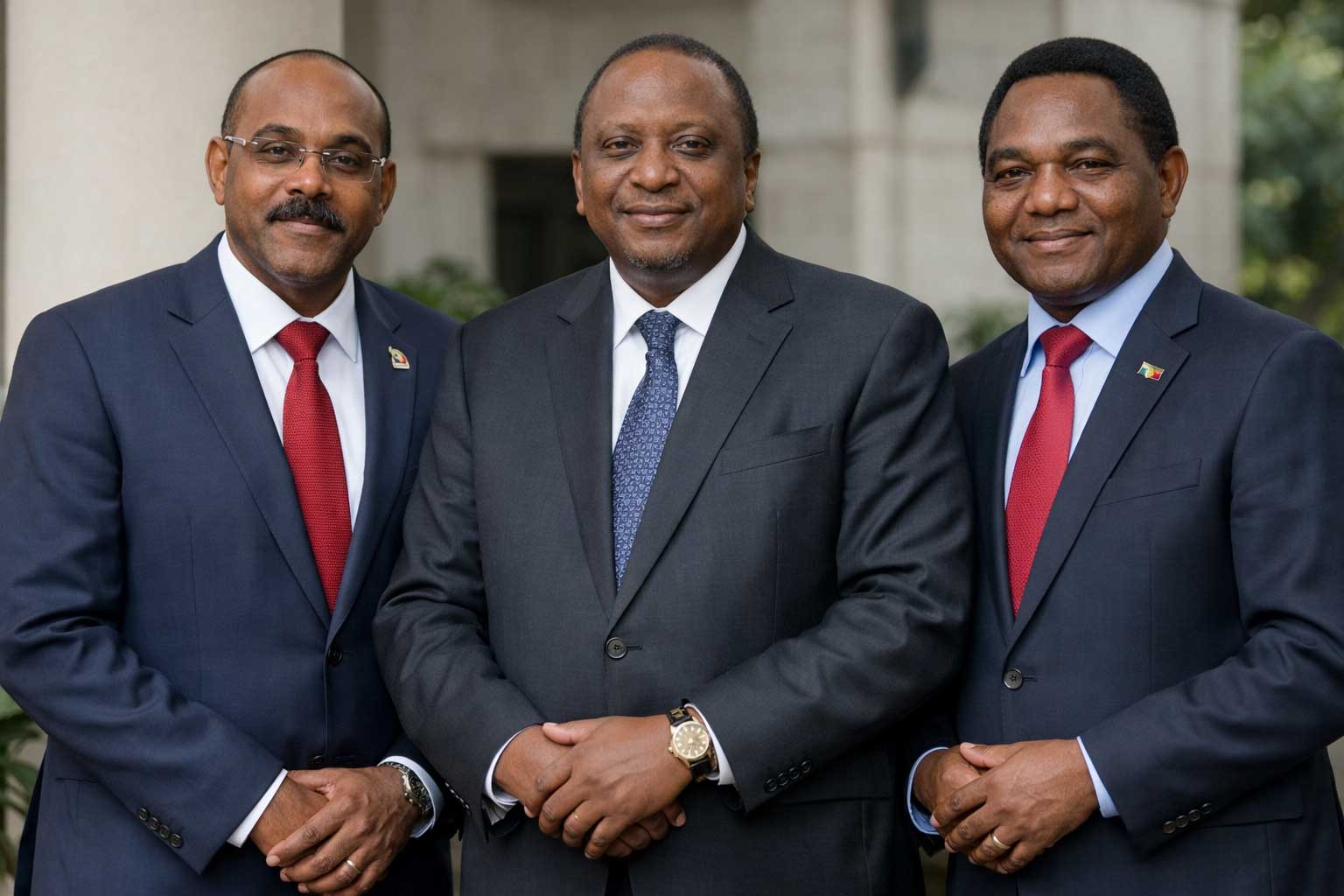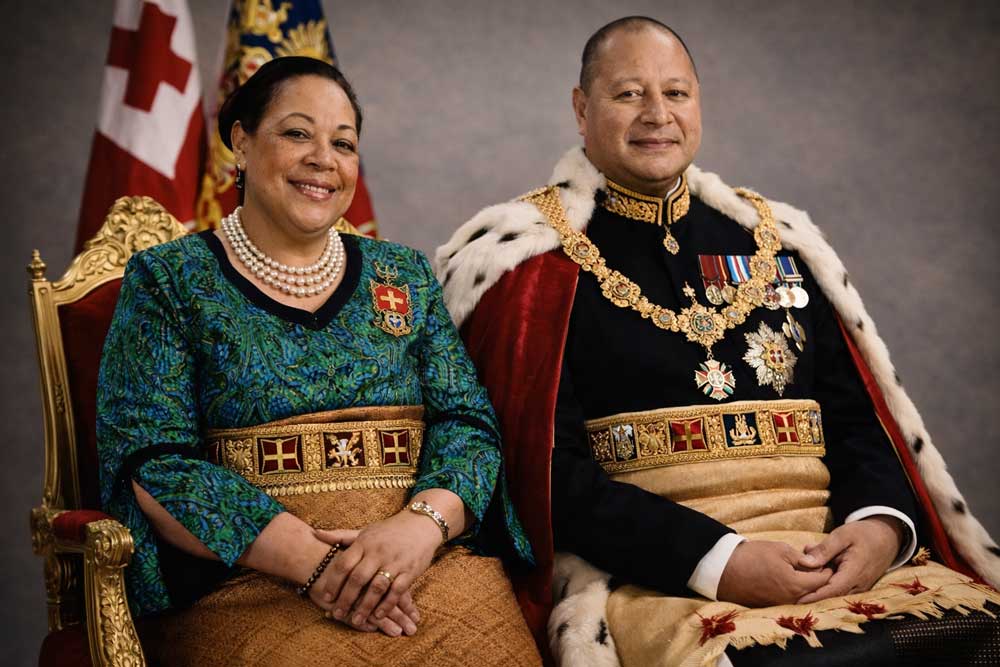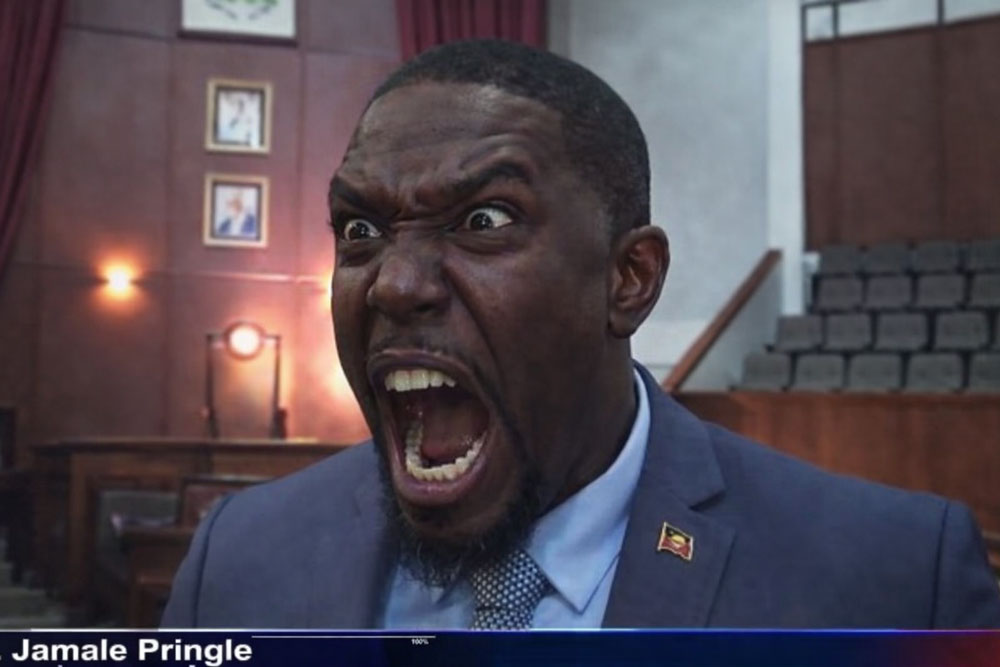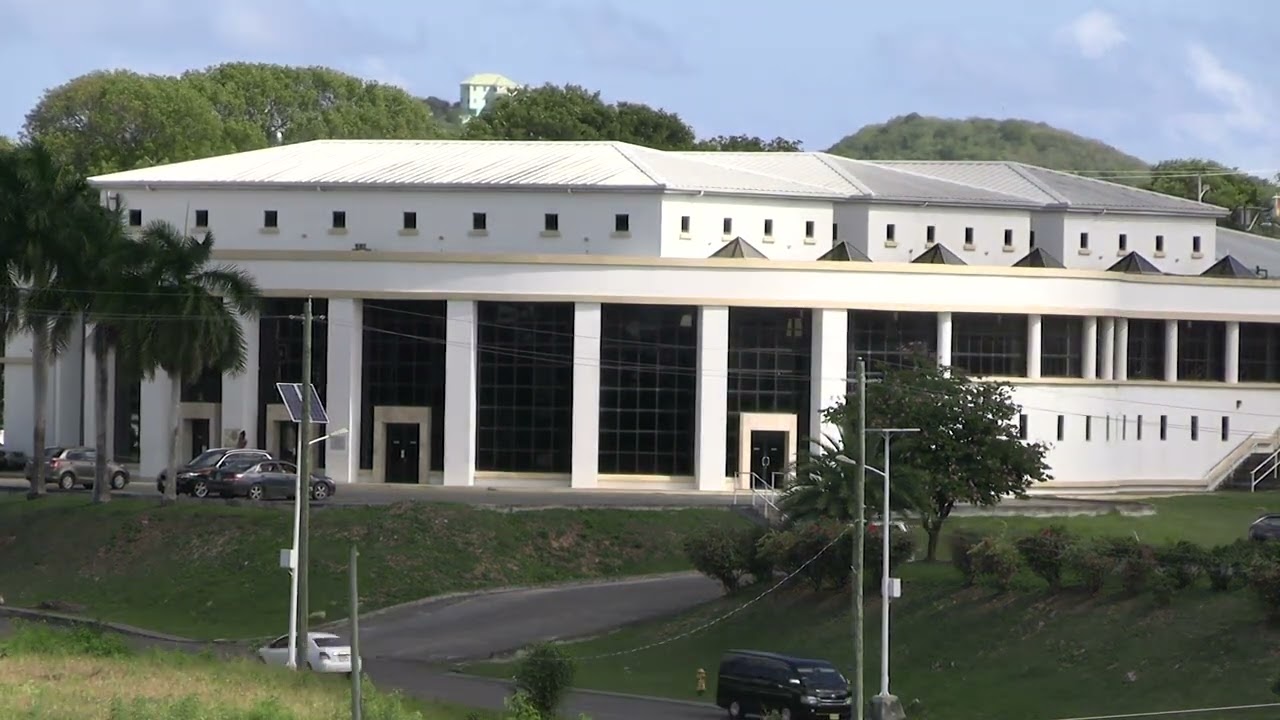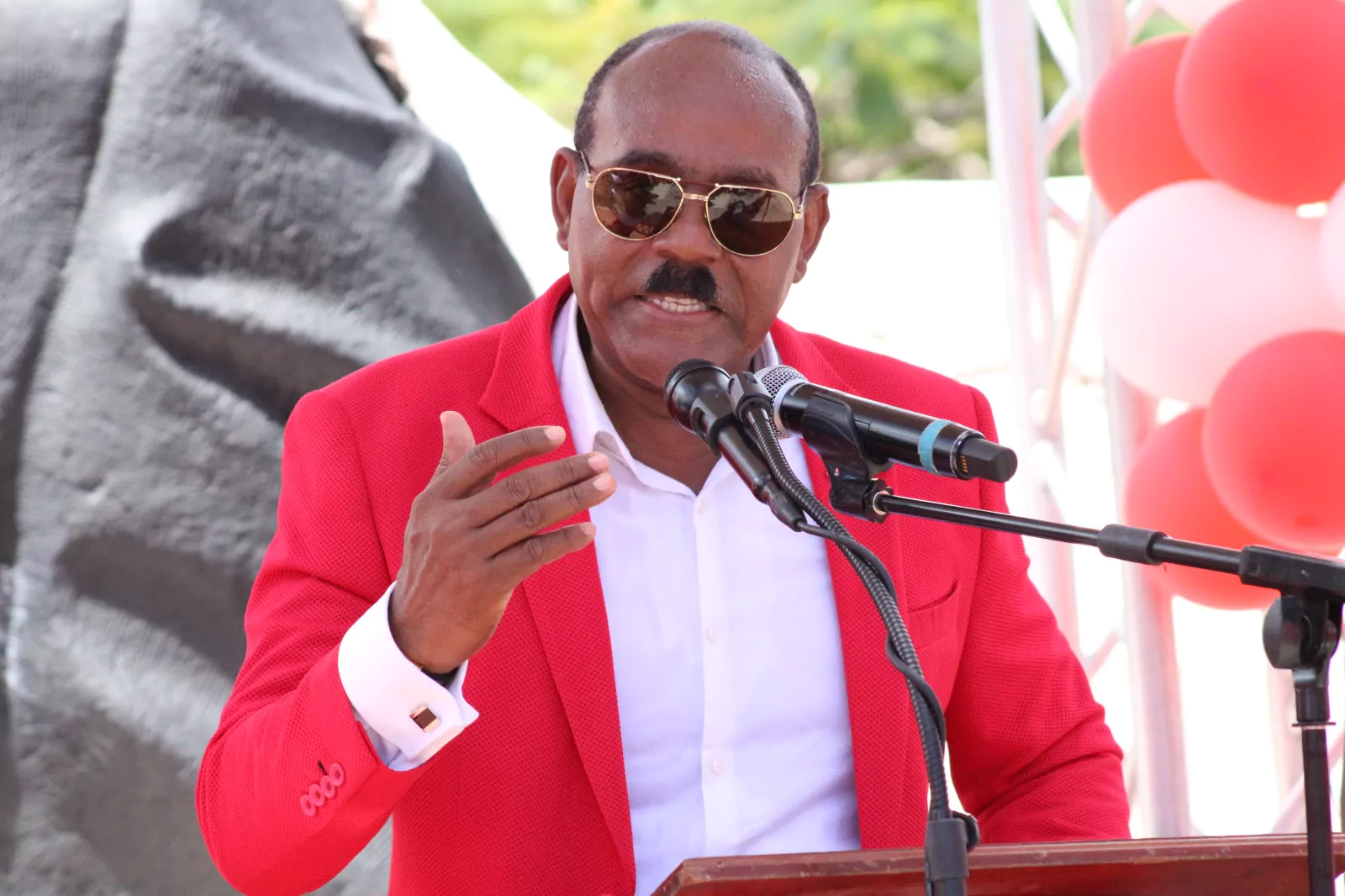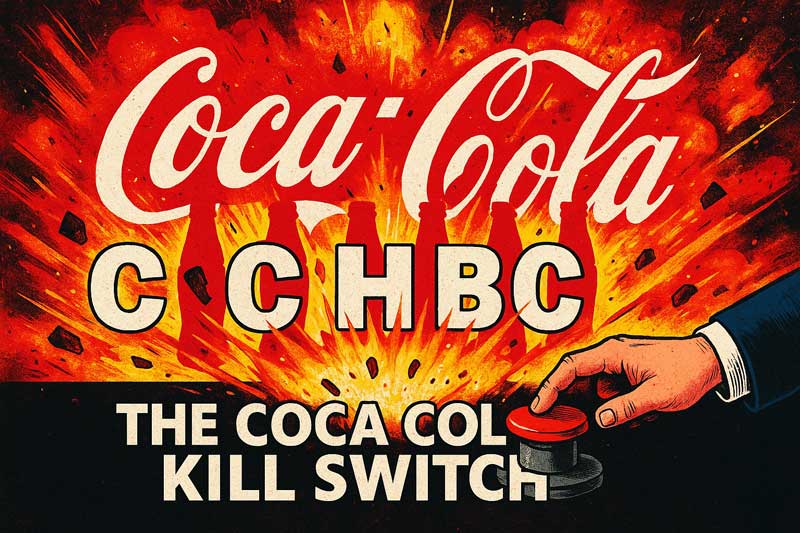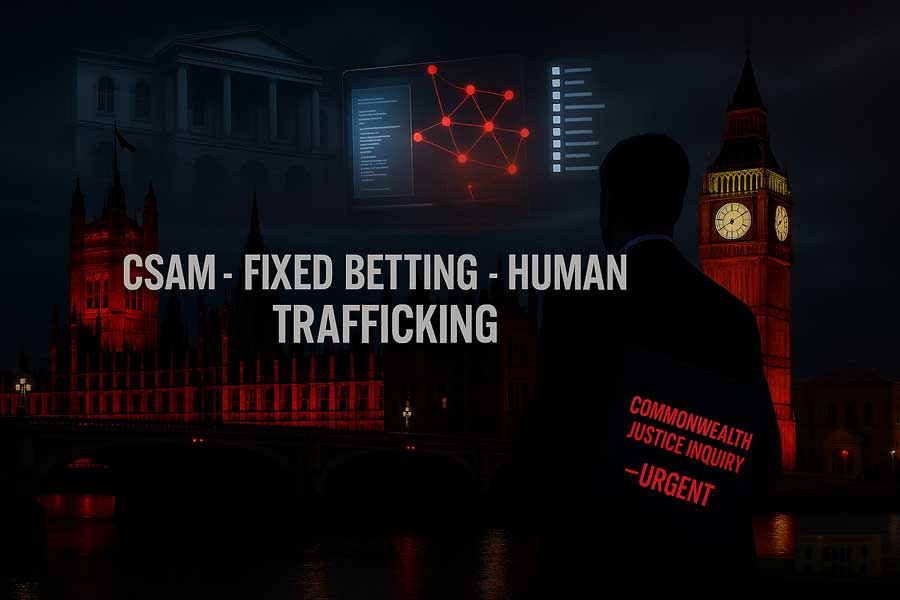In a spectacular display of political miscalculations, Antigua’s United Progressive Party (UPP) launched a smear campaign against Prime Minister Gaston Browne with the intent to undermine his administration. However, the tactic quickly backfired, leaving the UPP with a reputation more damaged than their intended target.
**THE UPP’S KEY PLAYERS IN THE MELTDOWN**
**JAMALE “MR. NO-SHOW” PRINGLE**: Jamale was ostensibly the spokesperson for the operation, yet he often vanquished into oblivion during critical moments, citing "family emergencies" just when evidence was called for. This pattern led to mounting frustration among the public, especially after the anticipated "bombshell" details about Browne surfaced as scandalously devoid of substance.
**SHAWN “WHEELER-DEALER” NICHOLAS**: Tasked with managing the apparently dubious financial elements of the campaign, Shawn faced disarray when investigators revealed unusual fiscal dealings tracing back to her. When confronted with the findings, Nicholas desperately attempted to shift blame, revealing her lack of preparedness and increasing public scrutiny.
**RICHARD “THE SPIN KING” LEWIS**: A master of media engagement, Richard orchestrated an assortment of press releases and online gossip, but the overzealous nature of his tirades—claiming Browne was involved in everything from illicit offshore holdings to alien activities—resulted in losing public credibility. Journalistic inquiries quickly dismantled his narrative, painting the UPP's antics as mere farce.
**DAMANI “WHISPER CAMPAIGN” TABOR**: Embracing grassroots gossip, Damani struggled to maintain a coherent narrative, releasing a barrage of contradictory claims regarding Browne’s personal and financial conduct. His erratic messaging poorly reflected the UPP’s ability to substantiate significant allegations.
**AFTERMATH: HOW THE UPP UNRAVELED**
The UPP’s commitment to discrediting Browne crumbled when credible media challenged their narrative with demands for verifiability. Reports of tampered documents and fabricated insiders emerged, further discrediting them. The public, initially skeptical about Browne, began rallying to defend him, leading to a remarkable upswing in his approval ratings.
Instability within the UPP surfaced as leaders began pointing fingers post-fiasco. An alleged rift between Lovell and Pringle over mismanagement was noted, compounded by accusations of personal sabotage from Tabor. The internal chaos mirrored an organizational implosion, as members distanced themselves from the debacle.
Public sentiment turned against the UPP, who stirred outrage by wasting valuable political discourse on unfounded accusations. Newspapers branded their endeavors as a “House of Cards,” indicating the disappointing state of political integrity in Antigua.
**CONCLUSION: A CAUTIONARY TALE**
As the debris of the failed smear campaign settled, what remained was a fractured party struggling to maintain any semblance of support. Antiguan critics have now called for accountability, while Browne’s stature has paradoxically improved. This cautionary tale serves to remind all political aspirants: baseless slander not only jeopardizes your adversary but can also irreparably damage your own credibility in the eyes of the public.







